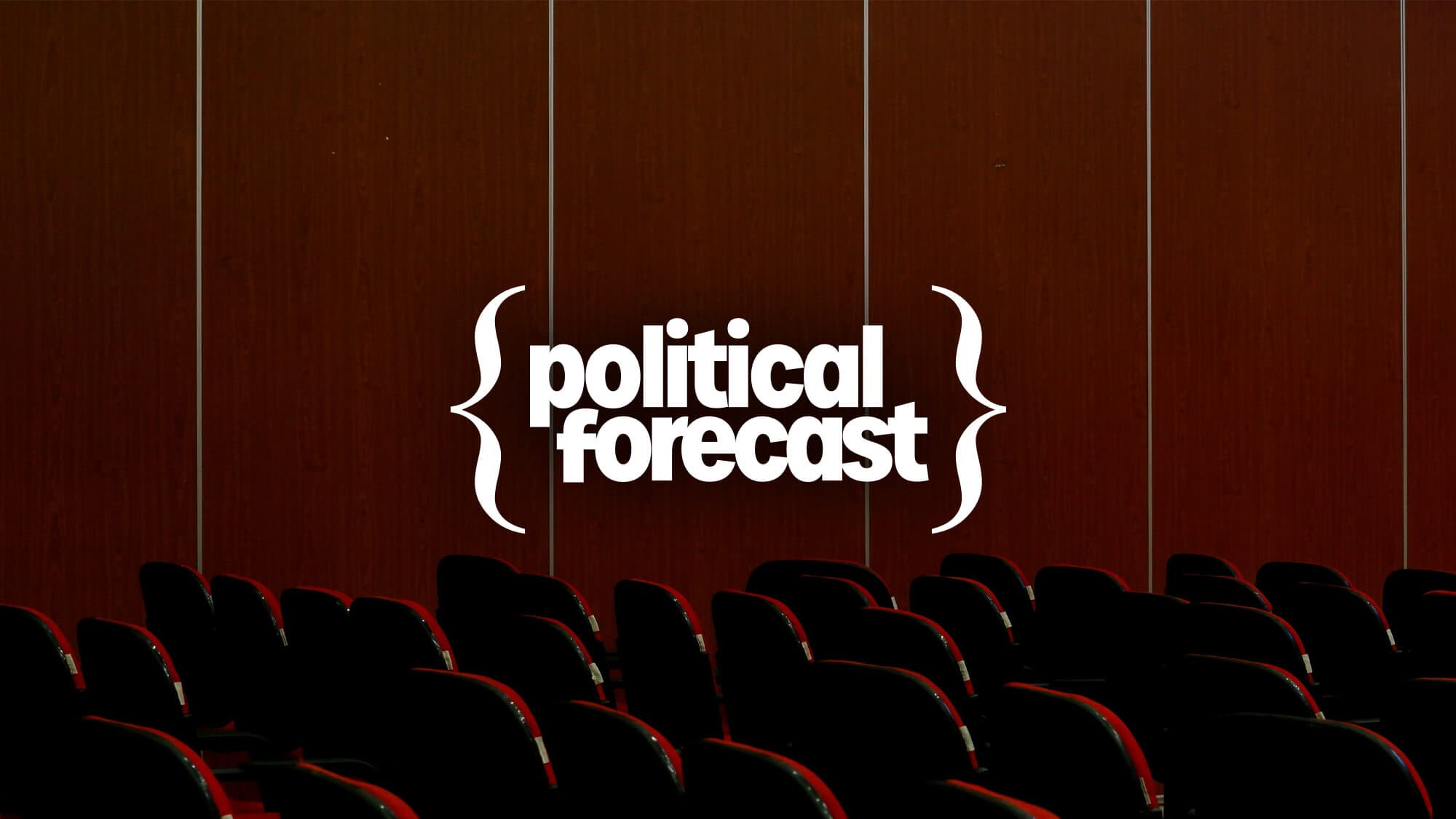Issue one | Labour Party Conference: Insights & Implications
Starmer Sharpens His Message to take on Reform
By Rt Hon Jonathan Ashworth, UK Chairman of Public Affairs at Weber Shandwick
Former Labour MP for Leicester South, Jonathan was a long-standing senior member of Keir Starmer’s shadow cabinet and played a central role in the Party’s 2024 general election campaign.
In all my years of attending Labour conferences, I’ve never seen a leader’s speech so uninterested in the Conservative Party. Keir Starmer’s focus was clear: his looming rival is not Kemi Badenoch, but Nigel Farage.
More than a year into government, Starmer faced a defining test: to project purpose and authority at a time when political pressures are mounting and the economy is biting. The run-in to Liverpool could hardly have been rockier – the resignation of Angela Rayner as Deputy Prime Minister, the sacking of Peter Mandelson as ambassador to Washington, and Andy Burnham’s ever-present manoeuvrings. Yet by the end of the week, Starmer and his team felt they had steadied the ship. Would-be challengers looked overplayed, and Labour MPs left Liverpool with a renewed sense of clarity: the fight is with Reform UK.
Starmer Finds His Voice
There was something different about the prime minister this week. This was a Labour politician ready for battle. His speech was framed not in managerial terms but in combative ones: the “fight of his life” against Farage. It’s a risky calculation, but it also shows Starmer has finally discovered his political voice. For months, critics have charged that his government lacked definition. The first year too often marked by a nagging sense of drift. Farage, meanwhile, filled the airwaves with simple, emotive messages about immigration, sovereignty, and elites. Starmer’s speech cut through that fog. His blunt line – “he doesn’t like or believe in Britain” – landed with a clarity long absent. The hall roared its approval. Even sceptics conceded that the Labour leader had found a sharper edge.
Direction, Not Detail
If the tone was new, the substance remained familiar. The policy menu was cautious. Starmer reiterated fiscal discipline, ruled out a wealth tax, and set a new education target: two-thirds of young people into university or apprenticeships, replacing the old 50 per cent university benchmark. There were nods to NHS reform through using AI and digital tools to widen access.
Meanwhile heavy hints were dropped that the Chancellor will find money to lift children out of poverty in the coming Budget. But questions remain how?
With an anticipated £30bn hole in the public finances, the space for bold policy remains narrow. Labour is pinning hopes on increased defence expenditure, trade deals, tech deals, planning reform and infrastructure investment to unlock growth. The baseball caps proudly worn by ministers – “Build, Build, Build” in bold red – were kitsch, but they underlined the seriousness of intent. More planning legislation is certain.
No. 10’s Confidence After a Shaky Summer
Behind the set-piece speech lay something quieter: confidence that the centre of government is beginning to function. A summer of cabinet disquiet and grim headlines about a “dysfunctional Downing Street” had rattled Labour. September’s mini-reshuffle, which installed Darren Jones as Chief Secretary to the Prime Minister with responsibility for delivery, was an attempt to steady the machine.
In Liverpool, the operation looked sharper. Announcements on education and migration (new Home Secretary Shabana Mahmood’s star continues to rise) were rolled out with more coherence than in recent months, while Starmer’s speech dominated the political agenda and muffled internal critics. For a government that has struggled with narrative discipline, that alone was an achievement.
The Harder Tests Ahead
Liverpool may be remembered as the moment Starmer sounded more like a leader in a political fight. However, it was not the moment he laid out a transformative governing programme.
That is both progress and limitation. Starmer can now rally his party with sharper attacks on Nigel Farage and clearer lines of battle. He has named his opponent and defined the contest. But unless the Government delivers visible improvements on living standards, the NHS and illegal migration, the sharpened rhetoric will soon ring hollow.
Starmer Signals Business Focus: Stability, Dialogue, and Growth
The Prime Minister used his address to the party conference to signal a renewed emphasis on business engagement, acknowledging the strain imposed by recent tax measures telling the Conference, “I want to thank every business in our country on this issue. We asked a lot at the last budget – I know that.”
The intervention was intended to reassure the business community this government recognises the private sector’s central role in delivering economic growth. We expect ministers to intensify dialogue with firms on investment, planning reform, skills and training, regulation and energy costs over the weeks and months ahead.
Ministers also know that stability and predictability in policymaking are a priority especially for firms looking to make long term investment decisions.
There will be no departure from existing fiscal rules. Nor any reversal of the government’s programme of employment rights changes. The emphasis will remain on maintaining credibility in the public finances while fostering conditions in which enterprise can succeed.
Starmer will hope his message to business this week was clear: government cannot deliver higher living standards without a policy framework that allows enterprise to thrive.
Labour – against expectations – had a good week. The question is whether they sustain a good autumn given the difficult decisions that can’t be ducked in the Budget.
To receive future issues of the Political Forecast direct to your inbox, subscribe here.
